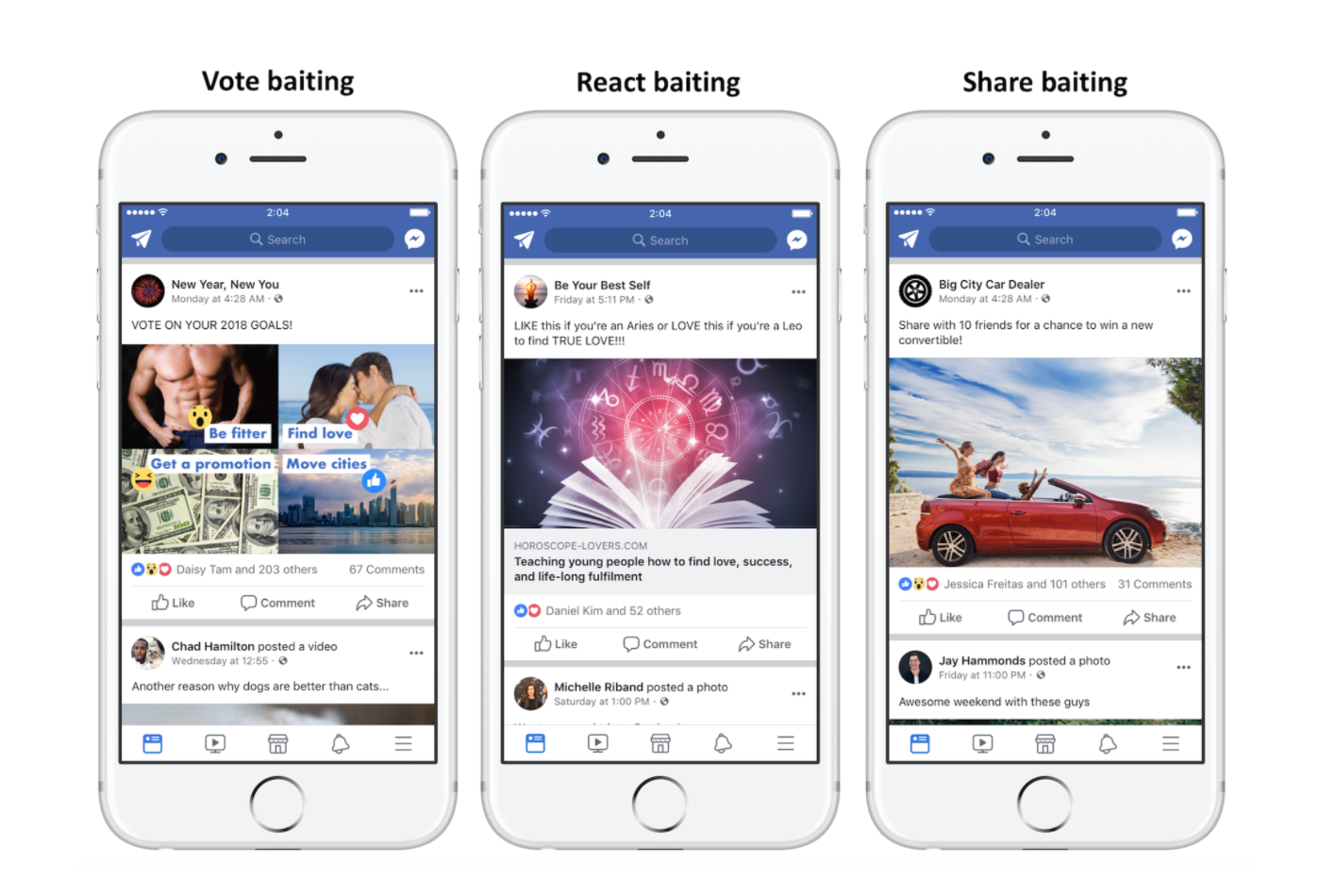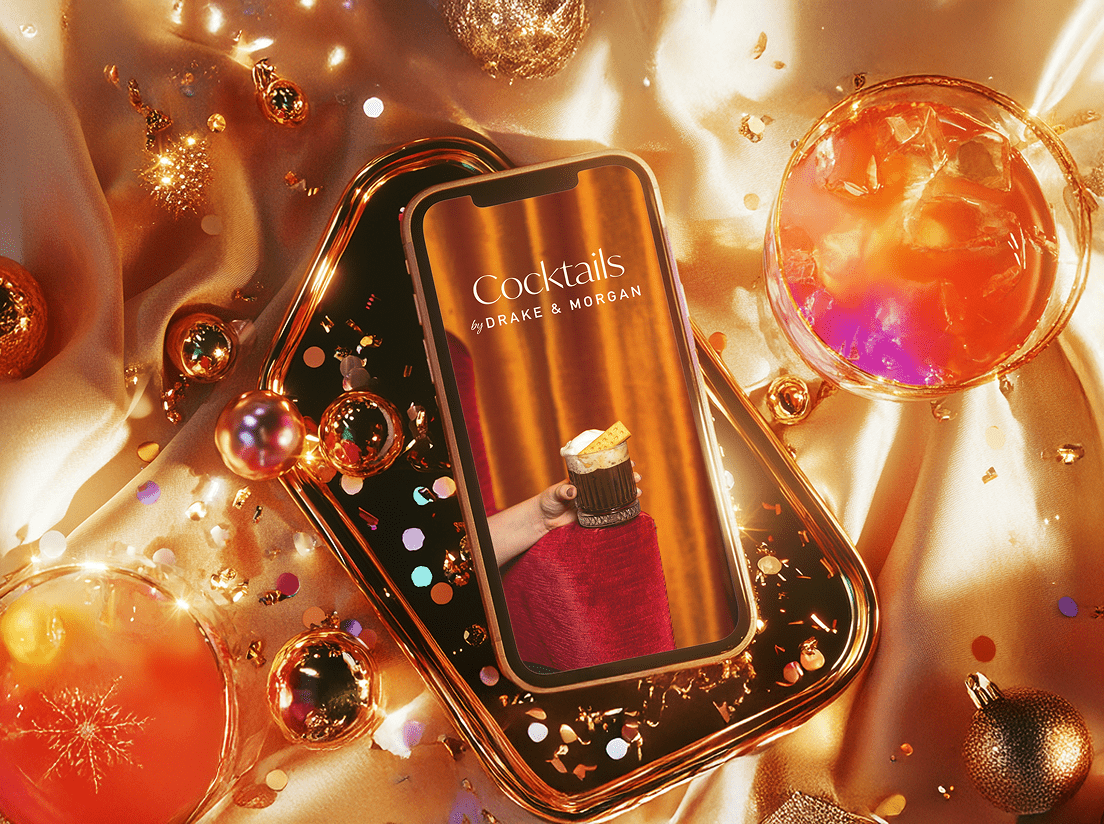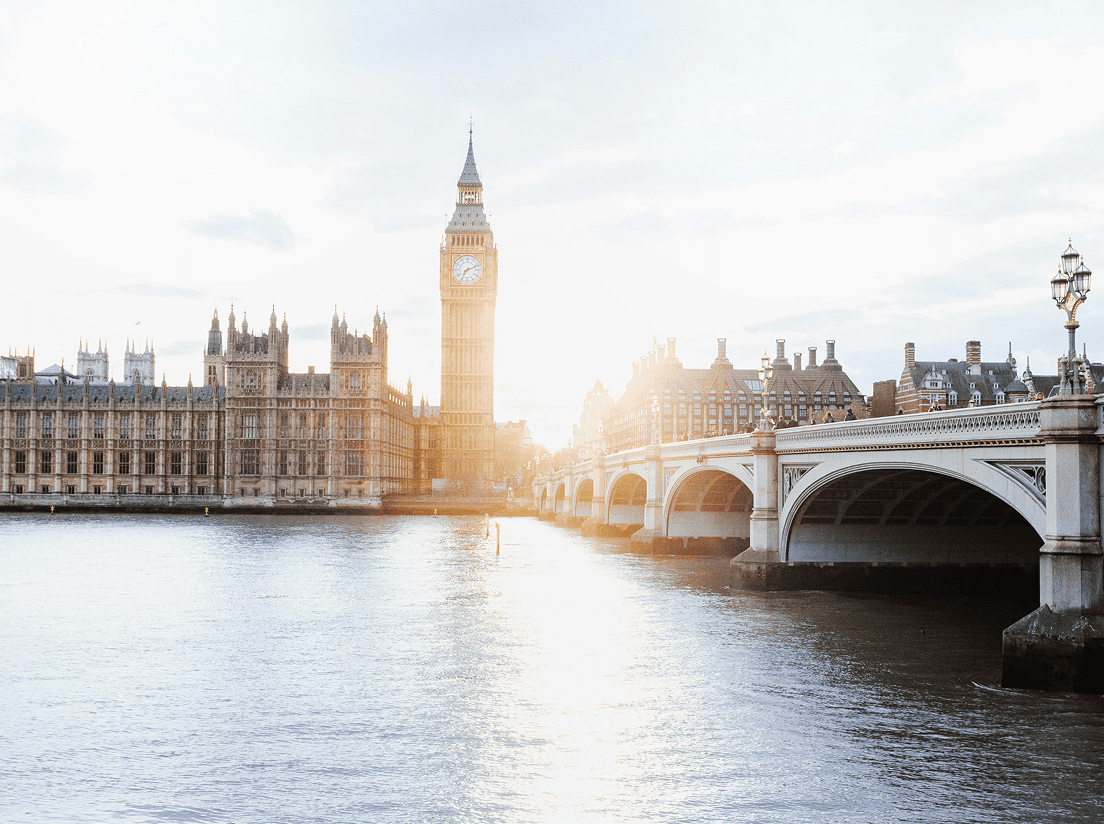
By now, we’re sure you’ve heard about Facebook’s plan to change their News Feed and, ultimately, the way users receive meaningful content within the social media giant’s platform. The news has many brands and publishers reeling, to say the least; our favorite apocalyptic nickname at the moment being “Facebook Zero”. The Content Marketing Team, specifically our Social Media Specialists, at Screen Pilot want to provide you with as much information as we can leading up to the changes.
What the change is:
A focus on person-to-person engagement.Facebook will, now more than ever, prioritize (and give relevance to) what content a user sees in their News Feed based on their individual behavior and engagements.Facebook will also be prioritizing posts and interactions that have meaning to the individual user. See how the team at FB defines meaningful interactions below.
What it isn’t:
This change is not the creation of two separate News Feeds; one with friends & family updates and a separate one with brand pages updates. The News Feed appearance and operational functions will not change – you’ll simply notice less content from brands and publishers in your existing feed.This change will not affect Instagram feeds, just Facebook.It isn’t a change in advertising through Facebook. These changes directly affect organic social media posts only.
A few more things we’ve learned:
1. “Engagement Baiting” will be penalized. Engagement Baiting is the practice of “goading your audience into engaging through spammy posts on Facebook with likes, shares, comments, and other actions. For example, ‘LIKE this if you’re an Aries!’” Other baiting includes:
- Vote Baiting
- React Baiting
- Share Baiting
- Tag Baiting
- Comment Baiting

Source: Facebook NewsroomNote: there will not be any notification as to whether your content is being penalized or not, so be sure to consider language when asking your fans and followers to engage with your posts.2. A “See First” opt-in is possible.
- Followers of your brand may opt-in to “see your content first” in their News Feeds should they want to.
- For travel and hospitality brands, this may mean that followers are considering your property and are shopping reviews, have already booked your hotel and are looking for tips & tricks, or – best case scenario – are a true brand advocate and looking for content they can share with their friends and families consistently.
- Some brands may want to post about this opt-in, encouraging fans and followers to select this option before the changes have taken effect globally.

3. Always utilize paid advertising strategies and targeting through Facebook Ads Manager. Do not rely on “boosting” posts. Why?
- your campaign objective may be wrong and/or not fit your goals
- very limited ad targeting settings
- poor budget control (inability to select daily budget)
- you are limited to the 20% text rule which can then limit content in and of itself
- you can only boost Published Posts on your own Page Timeline
Especially in this new era, boosting a poorly performing post in hopes to reach more people won’t help, as Facebook will take into account its organic performance when the post enters the ad auction. Simply boosting posts does not allow targeting, placement, and bid structures like an Ads Manager set-up would.4. Meaningful Interactions are those involving people and their friends – such as comments, messages, shares, likes, and reactions. Some examples of these meaningful interactions include:
- A person commenting on or liking another person’s photo or status update
- A person reacting to a post from a Page that a friend has shared
- Multiple people replying to each other’s comments on a video they watched or an article they read in News Feed
- A person sharing a link that they found in News Feed to start a conversation with a group of friends
What are some examples of Page posts that create meaningful interactions?
- Live videos often lead to discussion among viewers on Facebook – in fact, live videos on average get six times as many interactions as regular videos. Many creators who post videos on Facebook prompt discussion among their followers.
- Posting relevant updates, creating events, and responding to messages from customers about the content they’ve posted.
- Posts that highlight new products, promotions or services available for booking, reply to customer questions on their content, create Events to connect with customers in the local community, upload relevant videos that reflect their customers, and provide important updates about their services.
- Groups continue to be a great way to build community on Facebook and start conversations among people about topics that matter to them.
- Events are a great way to connect with your customers and build community between people.
- Places like Watch and Facebook Stories will also continue to allow for new opportunities for publishers to connect people, spark conversation, and foster community around video on Facebook.
- For posts promoting services or services businesses, make sure you reply to booking inquiries through comments or messages because these are interactionsFor event creators, make sure you respond to people’s inquiries about your event through comments or messages
Facebook News Feed Change “Pros”:
- Our Facebook Partner confirmed earlier this week that these changes to the News Feed and the associated algorithms will occur gradually. Don’t expect to see the global rollout happen overnight. Once the change occurs, affected pages will see a slow decline in engagement over time, not an overnight drop off. Something to consider in your month to month reporting.
- Increased focus on meaningful interactions means that chances are, the people interacting with your content are truly interested in your brand.The algorithm may serve to push people further down the funnel when users are at the right place, at the right time.Gain customer insights through engaging with your audience. Ask your audience questions and use their answers to create future posts.
- Content that teaches people something, entertains them, makes them think, or adds value to their lives will naturally reach people in their News Feed.
- Advertising strategies and execution will not change, and paid ads will appear in newsfeed as they have in the past. Because audiences will soon be accustomed to seeing a majority of friends and families posts, we predict that advertisements could stick out even more down the line – especially when personalized and highly targeted.
- Posting every day, and set-it-and-forget-it content calendars simply will not do in this new era of content marketing for social media. You may need to widen your support system to include dedicated content creators and strategists that can help answer a Facebook user’s every question and each stage of the funnel. If they’re visiting your brand page now – you can bet it’s for an important reason. Does your content answer their questions and meet their needs?
…and “Cons”:
- It is likely (some are saying guaranteed) that organic engagement with your brand page will decrease, and that you will see a decline in growth of engagement and followers moving forward.
- A restructure of your reporting methods and KPIs is now in order. We recommend report on the quality of the engagements instead of the quantity. For example, one comment that says “We LOVED our stay at your hotel. We can’t wait to go back!” has much more value to your hotel and to potential guests than one like on a post.
- According to Facebook, engagement rate is not a predictor of creative that will drive sales or brand impact in terms of brand awareness.
What can you do now?:
1. Reputation & Community Management will be increasingly important as these changes roll out. Because engagement and person-to-person interactions are the #1 algorithm triggers, be sure that you have a dedicated team or trusted partner that can help yield questions, reviews, comments, tagging, brand mentions, and overall positive and negative sentiment towards your brand.2. Work with your agency partner to develop a concrete, strategic content marketing plan for social media specifically. In our vertical, this may mean interactive and eye-catching lists like “What to pack for your trip to Hotel Screen Pilot”, or an infographic on the average weather conditions for the next booking season. Quality over quantity should be your new mantra. Focus on creating and sharing high quality, engaging content even if it means a decrease in your posting frequency.3. Be sure that your social media content answers the questions that travelers and potential guests are looking for when they arrive at your page. At Screen Pilot, we keep a running list of frequently asked questions and turn those into pieces of content for social and web. It’s important that your guest’s questions can be answered on your website – and linked to from outside sources like social.4. Never use engagement baiting or a boosted post as a shortcut or workaround. We’ve heard from multiple social media professionals, and even directly from our dedicated team at Facebook that these two things never work. After all, If a post performs poorly when posted organically, boosting it is unlikely to make the content more relevant to your target audience.5. Be aware of the many myths surrounding Facebook fans and their effect on your overall sales. This PDF is older in the library of Facebook Questions Answered – but some points are even more relevant today in light of the update.6. Make an app and respond like Buzzfeed!Encourage potential guests (in print and digital) to meet you at other places across the internet for information. #1? Your website.7. Make sure your business information is correct and consistent on all channels, including Facebook and Google. Work with your SEO/Web Dev team to add structured data to your site, which helps Google recognize your social profiles as official business profiles8. Be sure your Google My Business profile is optimized to list Facebook as an informational resource for those searching for your brand and like competitors in their research phases.What’s important to remember is this isn’t the first time Facebook has taken brands and publishers by surprise. We’ve seen Facebook changes large and small, and this certainly won’t be the last. Whether this is truly “Facebook Zero” for marketers is yet to be determined – but working alongside your agency partner and their strategists/specialists is your best bet in navigating the next year in social media together. Have additional questions for the Screen Pilot Content Marketing Team? Shoot us an email – we’d love to help find solutions for your hotel or resort.
Did you enjoy the read?
Get original hospitality industry insights delivered to your inbox. Sign up to receive Screen Pilot’s #TrendingNow Newsletter.






